Introduction
In today’s real estate market, we often use the term “loan against property“. A loan is a fixed asset, it is nothing more than a loan that you get from the commercial / residential real estate as collateral. This type of loan is that the house is owned by the person who applied for the loan. The value of a property determines the amount of the Loan you can get.
What is a loan against property?

A loan against property is a loan offered by banks and real estate companies, and the NBFIs are for non-commercial or commercial real estate. These loans are generally offered at a reduced rate compared to loans for personal and business loans, and loans on-time. All the assets to get a loan, regardless of whether it is paid or a contract of employment, an activity in a business or corporate environment. It is approved, the loan amount is higher than the other options out there.
For those of who have essential financial assets, the market offers a ton of alternatives. Some other sort of credit that is rapidly acquiring popularity, it’s anything but an advance got by land or property. As the name proposes, it is an asset that is secured by assets as collateral. This can be a wired or a rental property, a vacant piece of land, or commercial property that you own. For a smooth writing process is crucial to the reduction of the activity of the user.
How to apply for a loan against property?
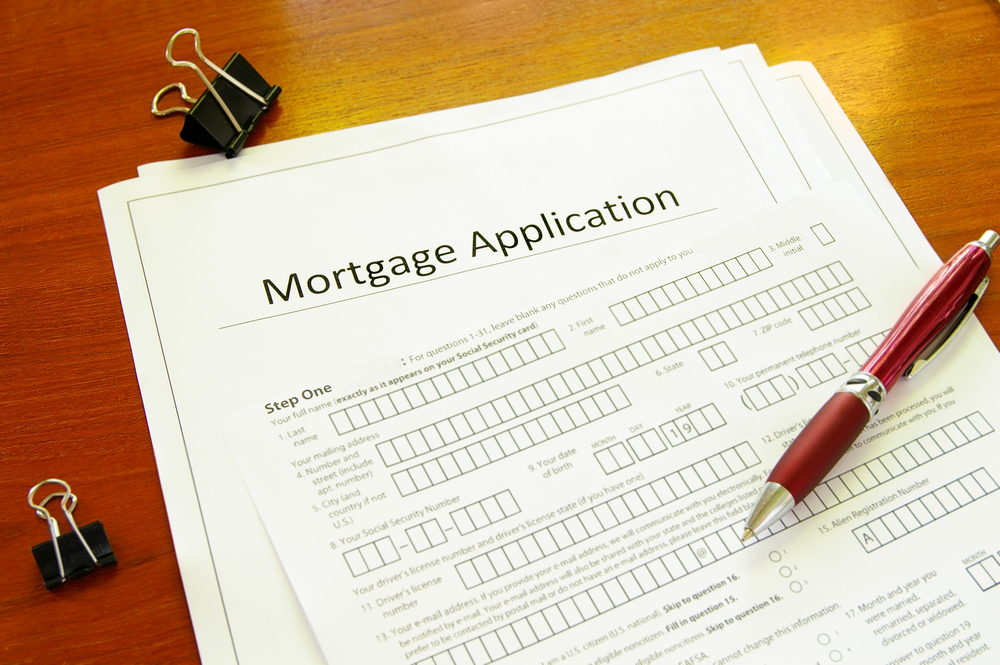
- The customer can to go to the website of the lender and apply for a loan online.
- The lender’s customer service department will contact the applicant and request the submission of the relevant documents.
- The lender will verify the submitted documents, and verify that the applicant is in the house.
- If the application is approved, the loan amount will be credited to the customer’s bank account.
What is the eligibility for loan against property
The qualification for loan against property depends on whether you are a salaried individual, self-employed person or to a small-and medium-sized enterprise. Your reimbursement potential, which is estimated, on the basis of factors such as your income, the continuing obligations, credit history, and so on.
- Type of home, and the home has to be in India, or the residential or commercial property.
- The Minimum and maximum ages of 25 and 65 years old.
- Type of job Hired, or the self-employed.
- Net monthly Income of minimum Rs 25,000.
- Others, the Legal title deeds, which are run by the Government of India Certificate of Registration, property Tax Receipts, Deed of Sale, etc.
The factors affecting Loan against Property
A regular flow of income: One of the most important factors is that the applicant must have a stable and regular source of income, which means that if the mortgage is a problem, they will continue to be paid.

The borrower’s age: The age of the borrower, which plays an important role in the ability to repay the debt. If the user has already reached retirement age, or will be within a couple of years ago, it is most likely that your loan application might be rejected. In such cases, you always have to try to get out of debt with a shorter duration, which, however, leads to more PROBLEMS.
A bad credit history: A bad CIBIL score, it’s the last thing you need when you apply for a property loan. Of course, lenders are looking for borrowers ‘ solvency ratio for credit, and your credit history confirms this is true. Any delay in payment, a cheque, a bribe is located in the payment history. They will have an influence on your credit history, and, with this impression, your application will likely be rejected.
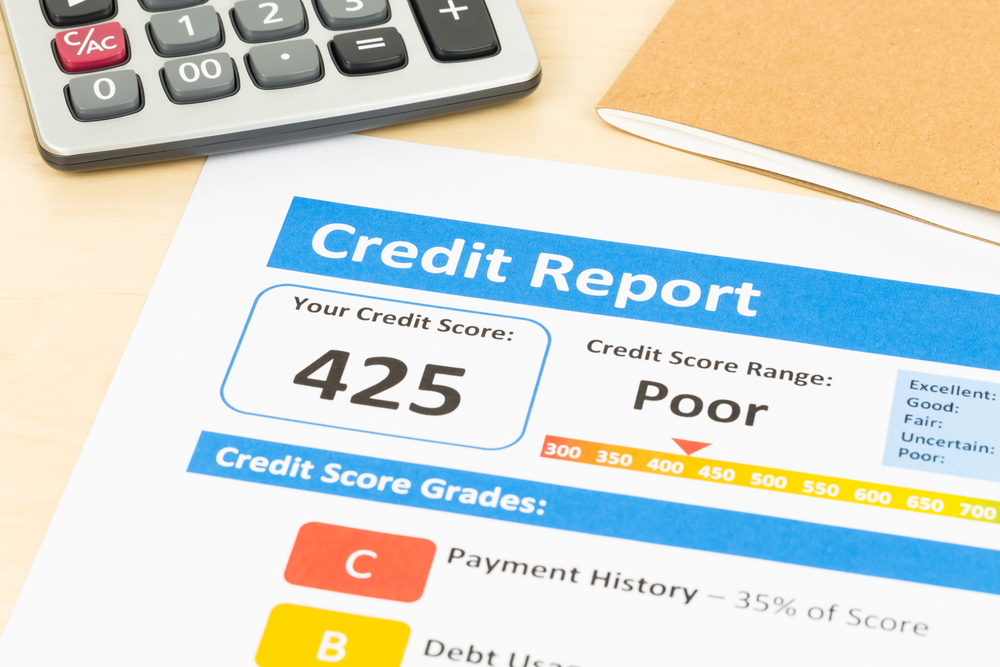
Long Term: The long-term lease, your payments will be spread out over a number of years, resulting in lower emissions. In the case of a low income, you can always use it for an extended period of time, so there is a good chance of a successful outcome.
Multiple changes: If you are a professional, job stability, which plays an important role in your loan versus the property, If you are used to changing jobs frequently, your loan application may be rejected by the financial institution.
Not enough ownership of documents: Documents in relation to the goods that are to be created must be complete and everything is in working order. This one includes the title-deeds, granted permission by the competent authorities, plans, drawings, and other documents required by the financial institution. The lender needs to make sure that the property that there is a clear ownership and has been approved by the local authorities, before the amount of the loan.

The rejection of a previous loan application: Financial institutions, and credit intermediaries to keep track of the previously rejected loan request. If your loan is denied, it will show up in your loan and account that will hamper your chances of getting approved for the loan. Therefore, it is important for you to have to apply for a loan when you need it, and avoid the use of it for no apparent reason.
Real estate insurance: Mortgage insurance is always to reduce the risk of both the borrower and the lender, as in the case of an unfavorable circumstances, the insurance covers for the repayment of the loan, reducing the burden on your family. It is always advisable to make use of the mortgage loans, insurance coverage, to help protect your financial interests while improving your home loan.
What are the documents required for loan against property?
Along with everything, you must include the following documents required for obtaining a loan secured by real estate.
- Proof of identity
- Address confirmation
- The proof of the age
- Bank statements for the last 6 months
- Proof of income for the last 6 months, employees, and customers
- Audited annual financial Statements of Small and Medium-sized businesses
- Form 16
- In the income tax return for the last 3 years
- Payment payment to receive and process data,
- The documentation relating to the property offered as security
What is the interest rate on loan against property? And factors affecting it.
The Interest rate of loan against property depends on a number of factors.
1. MCLR is used for:
MCLR is the average, and the average amount of the future cash flows, based on the mortgage loan interest rate. At this rate, the minimum amount of money that the bank can provide loans depends on other factors, such as the cost of hedging, the fund, the value of the money, and the growth rate (CTR), and a negative carry-over, as well as the parts of payment. It is an annual data center, called MCLR, to which the banks have to contact us with any existing home loan customers. The MCLR reset is valid on the date of the distributions the following year, even if there have been changes to the MCLR is not in the interval of time between them. This means that the mortgage loan interest rate can increase or decrease depending on the change in the MCLR rate.
2. Check out for the best interests
You can also choose between a fixed interest rate, a variable interest rate, or a blended rate of interest. A variable interest rate changing depending on the Reserve Bank of India (RBI) will change. As to the latest standards it will lead to a lower interest rate, your Securities, stock indices, will be lower, and vice versa. If the interest rate is constant, you will get the same interest rate throughout the entire term of the loan. Loans with a blended interest rate start with a fixed interest rate for a specified period of time, and then move on to a floating mortgage loan interest rate.
3. Loan-to-Value Ratio (LTV)
LTV refers to the percentage of the value of the property that can be financed by the loan. More and more loans are drawn up with a higher interest rate because they are more at risk. At the same time, the introduction of a larger loan can help you to reduce the size of the loan, which, in turn will reduce the rate of interest.
4. Credit rating
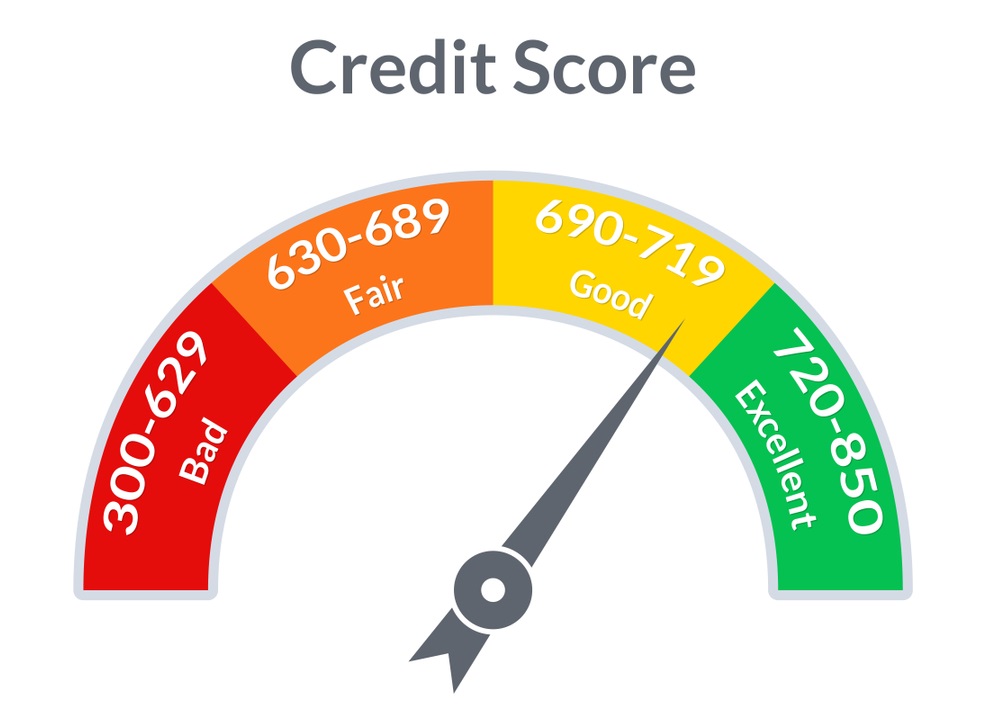
This has had a significant impact on the mortgage loan interest rate. Your credit score is a record of your payment history, the financial discipline, and the habits and customs, and credit history. A low credit rating, indicates higher credit risk, allowing lenders to take a higher interest rate to cover these risks. On the other hand, a high credit rating indicates that you have low credit risk, which will lead to more money, lenders will be more willing to provide the terms and conditions, and the low interest rate environment.
5. Location
The location of the property that you are considering, will play a key role in the rate of interest that will be applied to it. Most of the houses are located in an area with good facilities, and communications, and have a high resale value. The houses are located in a less attractive area, you can do it cheaper, but at a lower price. In addition, there are new objects that need to be considered to be more valuable, because the old objects that need to be considered to be a low trade-in value. This, in turn, leads to the fact that the house is at a good price, if the head object, and, therefore, the price and a lower rate of interest.
Benefits of loan against property
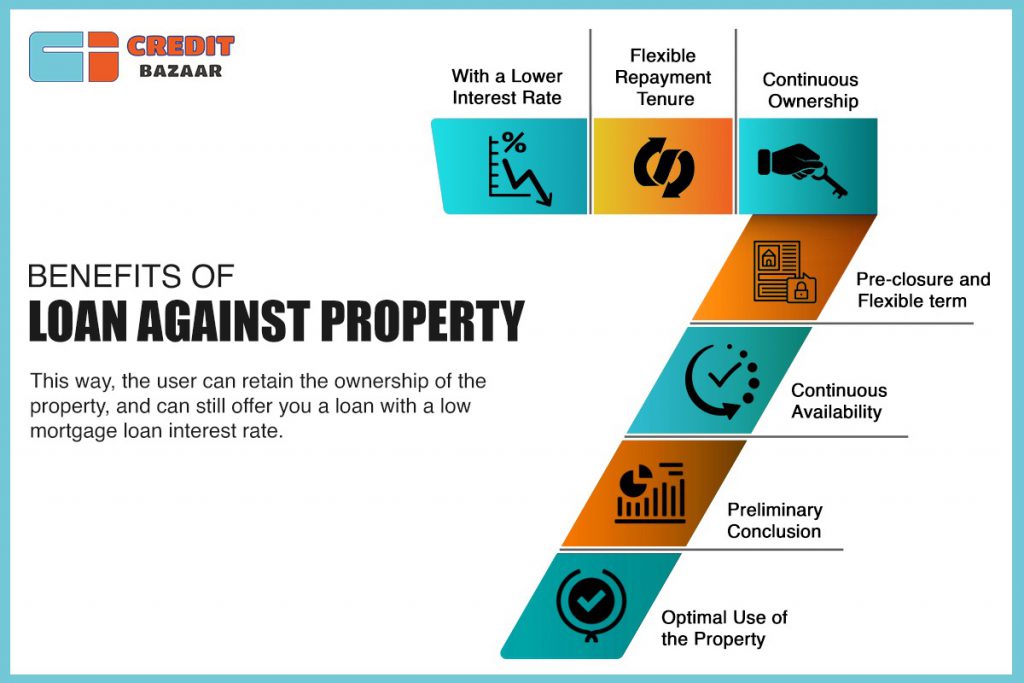
1. With a lower interest rate
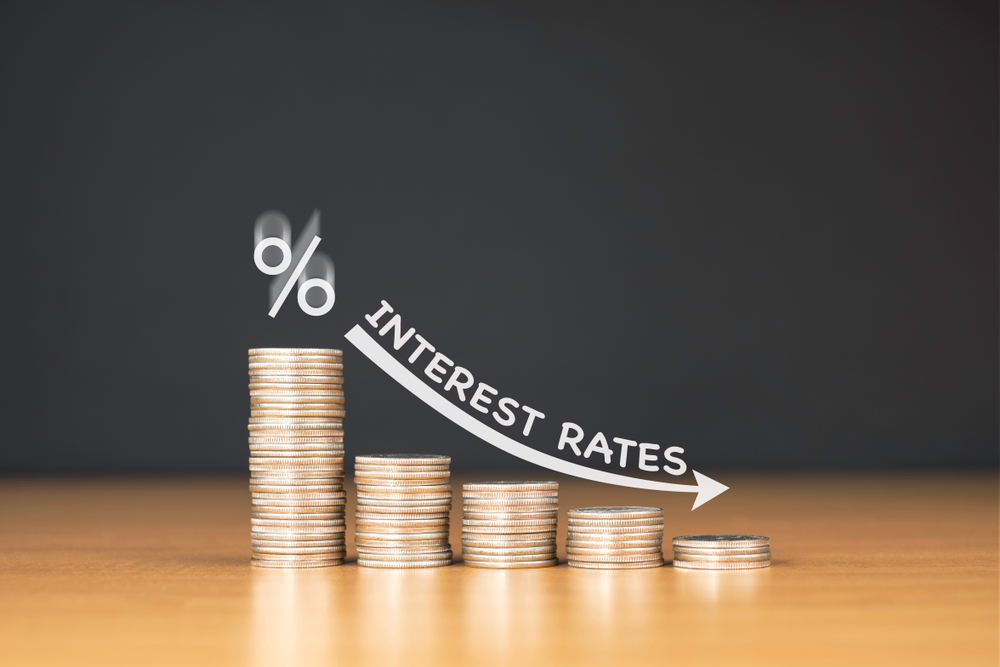
Because the loan against property is a secured loan, the mortgage loan interest rate is generally lower as compared to various other types of loans available on the market. For a borrower with a positive credit rating, and it’s the fault of the history, low interest rates, It may be the preferred tool in order to meet a wide range of financial needs and mortgage loan requirements.
2. Flexible repayment tenure
A loan against property comes with flexible repayment of mortgage loan tenure, lasting anything between 10-15 years or even 20 years in case the loan amount is high. This gives the borrower plenty of time to repay the amount and thus reduces any unnecessary financial burden on his venture.
Moreover, the borrower gets the option of repaying their debt through equated monthly installments, or as overdrafts. The borrower’s credit score and account history, along with the value of their property, determines the overdraft limit.
3. Continuous ownership

In loan against property, the borrower continues to retain the ownership of the property. So, if the borrower is unable to repay the amount for any reason, they have the option to sell the property and settle the loan.
4. Pre-closure and Flexible term
The loan against property comes with a flexible repayment period, which lasts from 10 to 15 years, or even 20 if the sum of the loan is high. This gives the borrower’s money for a long time, to refund the amount paid, and therefore, less of the unnecessary financial burden on the company.
In addition, the borrower has the option to repay the debt in equal monthly installments or in the form of a bank overdraft. To the credit rating and the credit history of the borrower, as well as the value of their property, and the determination of the charge-current-limit.
5. Continuous availability
As a result, the user is still in the possession of the property. Therefore, if a borrower is unable to pay the amount, which is the reason they can sell the property and repay the loan.
6. Preliminary conclusion
Everything comes with the option of payment of the total amount of the loan, no penalties, except to the extent that the loan is at a fixed rate of interest. This means that the overall level of taxes and for the duration of the loan will be reduced by the payment of additional charges.
7. Optimal use of the property
A real estate loan that will help you to discover the hidden value of a property. In the event that the client has the tools and the property can be the property used as collateral, it should consider making use of the value of the property in order to satisfy their financial needs.
In this way, the user can retain the ownership of the property, and can still offer you a loan with a low mortgage loan interest rate.
How can we help you get a loan against property?

We all know that knowledge is power, and understanding and gaining knowledge about your corporate credit score is financial power. Credit Bazaar allows you to check plans on loan against property as per your needs and evaluates your credit score, checks your loan eligibility, provides credit summary, counseling, best loan against property interest rates, fraud protection, and proper assistance to get your loan on time and as per your needs. Improving your business and personal needs, increasing your credit score which eventually can be very valuable to your business. Contact Credit Bazaar today.
